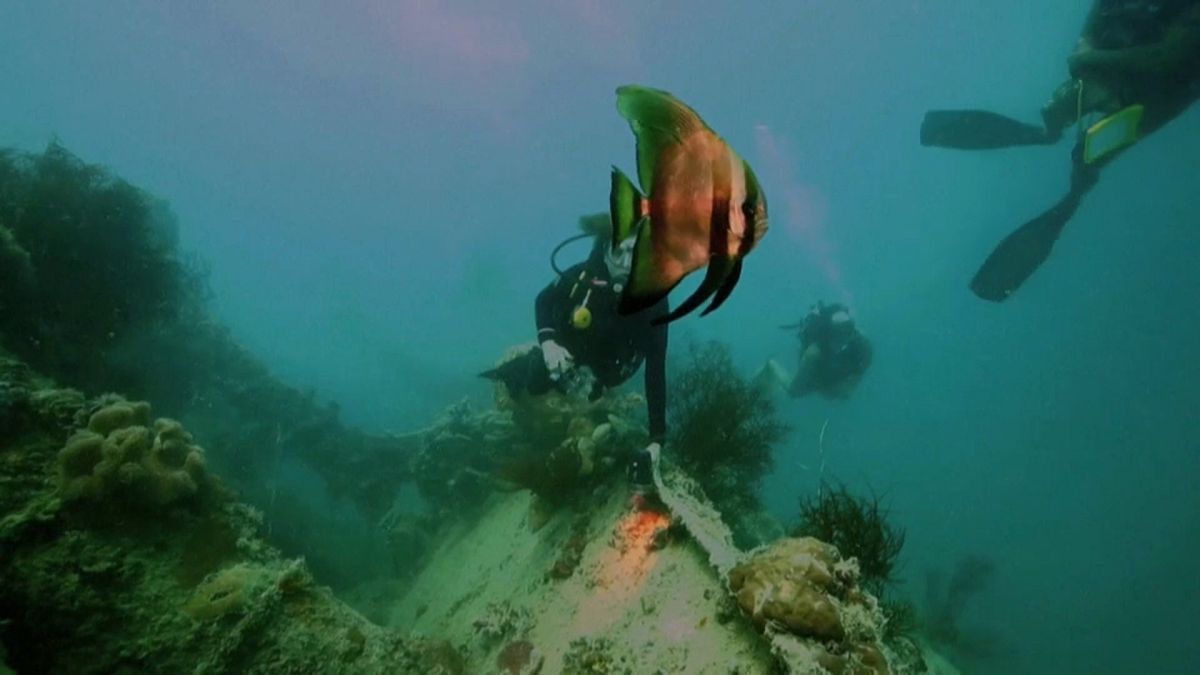The island nation has become the first place in the world to ban sunscreen that is toxic to coral reefs. On 1 January the island also became a marine sanctuary, closing 80% of its waters to fishing.
The tiny Pacific island nation of Palau has become the first country in the world to ban sunscreen considered toxic to coral reefs.
Palau, which lies in the western Pacific about halfway between Australia and Japan, is renowned for its marine life and is regarded as one of the world's best diving destinations, but the government is concerned its popularity is coming at a cost.
"We have to live and respect the environment because the environment is the nest of life, and, without it, nobody in Palau can survive," President Tommy Remengesau said.
Remengesau said there was scientific evidence that the chemicals found in most sunscreens were toxic to corals, even in minute doses.
"Toxic sunscreen chemicals have been found throughout Palau's critical habitats, and in the tissues of our most famous creatures," he added.
With Palau's popular dive sites regularly packed with tourists, there were concerns a build-up of these chemicals would irreparably harm the reefs.
From New Year's Day, any reef-toxic sunscreen imported or sold in Palau will be confiscated and the owner will be fined US$1,000 (€893).
On 1 January the island's waters also became a marine sanctuary, one of the world's largest, closing 80% of its exclusive economic zone to fishing and other marine activities. The marine sanctuary prohibits commercial fishing in about 500,000 square kilometres (190,000 square miles) of ocean.
The legislation also requires most foreign fleets working in the limited fishing area to land their catch in Palau and then pay an export tax.
Environment Minister Umiich Sengebau said the law ensures Palau has first rights to purchase fish caught in the area to satisfy the local demand before exports are allowed.
In 2009, pioneering Palau established the world's first shark sanctuary, to prevent finning – a practice that sees sharks having their fins hacked off before they are thrown back into the sea to die.
